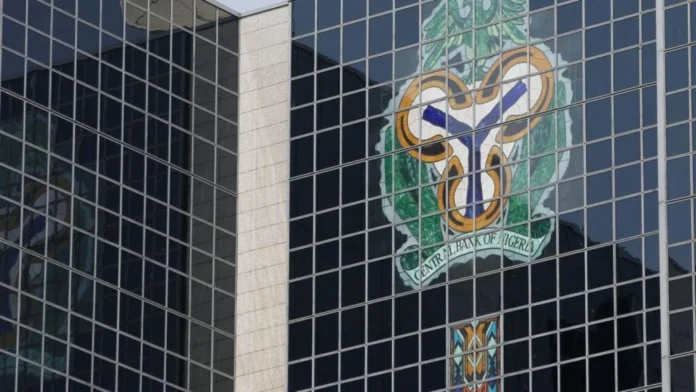The Central Bank of Nigeria (CBN) has directed Deposit Money Banks and other financial institutions to refund customers for failed Automated Teller Machine (ATM) transactions within 48 hours, as part of efforts to strengthen consumer protection and restore public confidence in the financial system.
The directive, contained in a draft document titled “Exposure of the Draft Guidelines on the Operations of Automated Teller Machines in Nigeria,” was released on Saturday.
Signed by Musa I. Jimoh, Director of the Payments System Policy Department, the document was circulated to banks, payment service providers, card schemes, and independent ATM operators, with feedback requested by October 31, 2025.
According to the draft, failed “on-us” transactions — those conducted on a customer’s own bank ATM — must be automatically reversed. If system constraints prevent an instant reversal, banks are required to process refunds manually within 24 hours.
For “not-on-us” transactions, which occur across different banks’ ATMs, refunds must be completed within 48 hours. “Customers must not be made to suffer for failed transactions caused by system errors or network failures,” the circular stated.
The CBN also mandated banks and ATM operators to deploy technologies that automatically reverse failed or partial transactions and eliminate the need for customers to file complaints manually. Funds held from failed disbursements must be promptly reconciled and refunded.
The proposed framework aims to address long-standing customer frustrations over delayed refunds and poor ATM service delivery. It also seeks to modernise Nigeria’s payment infrastructure and align banking operations with international standards.
The new rules set ambitious targets for ATM deployment — requiring at least one machine per 5,000 active cards, with banks expected to achieve 30% compliance by 2026, 60% by 2027, and full compliance by 2028. Any installation, relocation, or deactivation of ATMs will now require prior CBN approval.
To enhance security and accessibility, ATMs must be fitted with anti-skimming devices, CCTV surveillance, and tactile features for visually impaired users. Machines must also dispense cash before returning cards, allow free PIN changes, display transaction fees, and issue receipts for all transactions except balance inquiries.
Furthermore, all ATMs must comply with Payment Card Industry Data Security Standards and include backup power systems to reduce downtime. Operators will be required to report outages lasting over 72 consecutive hours and provide explanations with restoration timelines.
The CBN said compliance would be enforced through audits, inspections, and monthly reports, with sanctions for defaulting institutions. It explained that the initiative was prompted by rising complaints of failed transactions and cybercrime, adding that the goal is “a payments system that works seamlessly for everyone, urban and rural users alike.”
Stakeholders have been invited to submit recommendations before the final version of the guidelines is adopted later this year.

